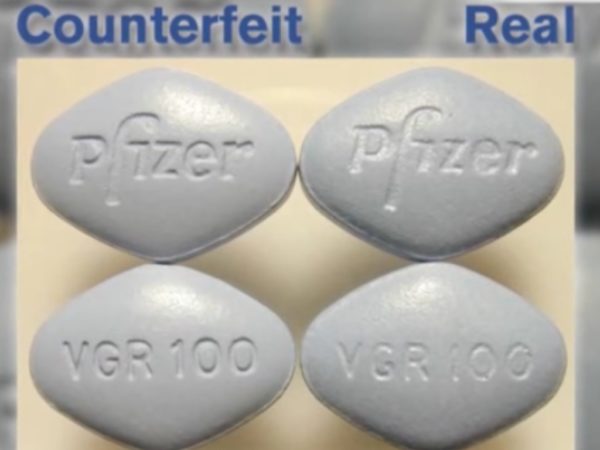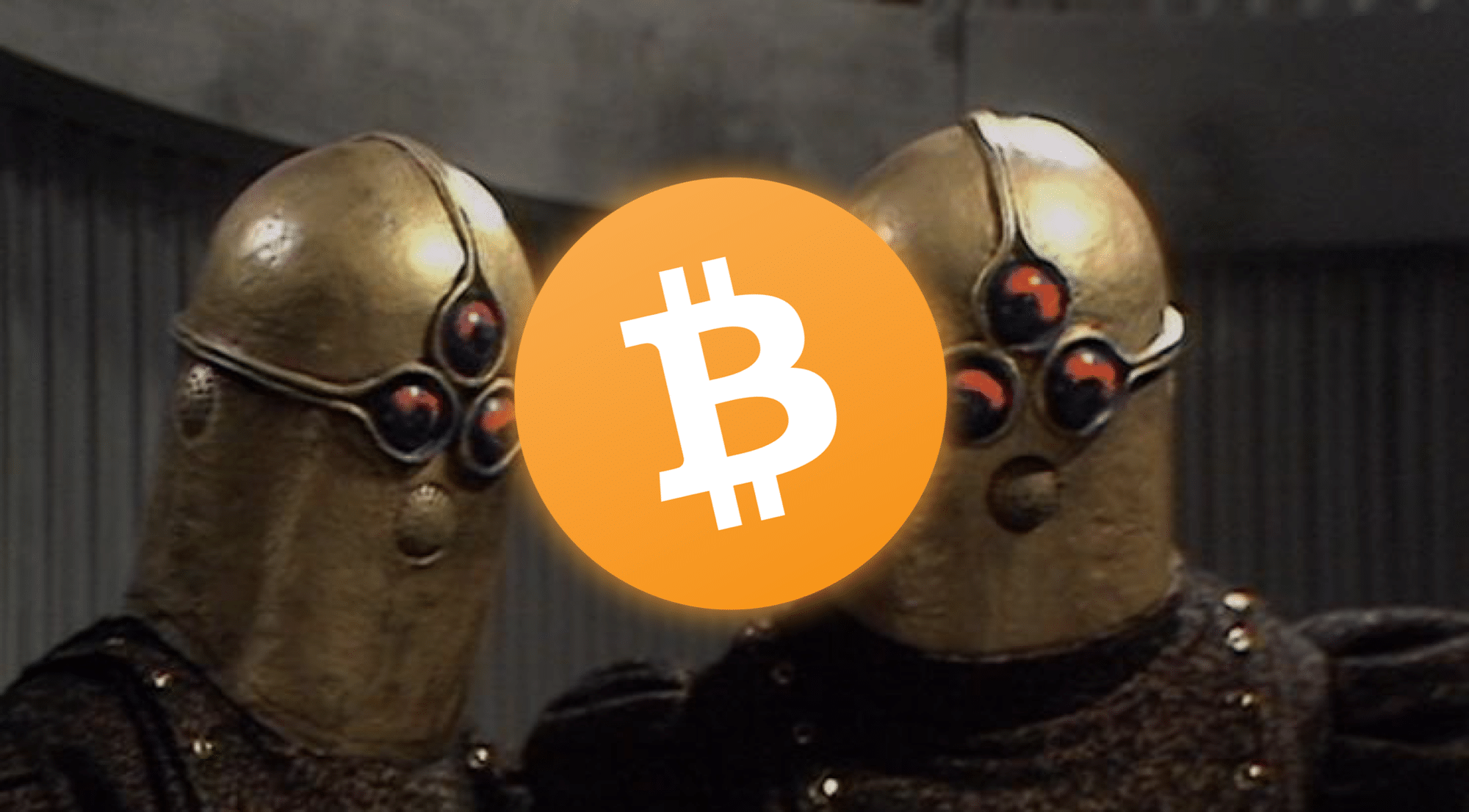Could Cryptocurrency Investments Revolutionize Healthcare System?
The healthcare industry has naturally been one of the active areas of exploration as the world scrambles to find applications for cryptocurrency. The risk-averse nature of the medical industry combined with the enormous cost needed to initiate any change in healthcare has been a major barrier to change. As a result, the healthcare industry is renowned for being slow at adopting new technologies.
However, the overwhelming enthusiasm of the blockchain industry is not going to let those barriers stop them. Here are two areas where cryptocurrency and distributed ledger technology can potentially revolutionize the healthcare system.
The problems of centralized healthcare data management
One of the core principles behind cryptocurrency is it enables individual sovereignty. With the unidirectional cryptographic relationship allowed by private/public keys and the peer to peer nature of distributed databases, we no longer have to rely on centralized institutions to facilitate interactions. Traditionally, healthcare records were stored and maintained centrally by the clinic and hospital you visit. This centrality creates massive information silos due to the lack of permeability of data between medical institutions and it is also prone to hacking. For example in 2017 the hacker group The Dark Overlord stole over 600,000 patient records in the U.S. across three healthcare organizations and sold them on the dark web.
Patient-centered healthcare
What if instead of paternalistic data management, the patient own their healthcare data themselves securely on the blockchain? Empowering individuals with control of their medical history is what startups such as Medibloc and Medicalchain are proposing.
[youtube https://www.youtube.com/watch?v=4ta80EPIcNk]
By giving back healthcare records sovereignty back to individuals, not only all your medical interactions will be recorded in one unified and secure platform, patients can decide on who may have access to that information. By creating an economy around patient’s health records, developers can develop applications to utilize these data with consent from patients. Physicians will have access to one single source of truth of your entire life’s medical data. You may decide to sell your medical history directly to researchers without having to worry third parties accessing it without permission.
Blockchain-based health insurance
Another major area cryptocurrency can tackle is providing desperately needed access to capital for people living in low-to-middle income countries (LMIC). In 2014, per capita health spending in low-income countries (LIC) was $120 as compared with $5221 in high-income countries (HIC). Furthermore, LICs will have a minimal increase in projected raise over the coming decades. The two main reasons for this are:
1) Insufficient access to reliable data on the quality of care and management of institutions leading to limited investment confidence.
2) The inefficiencies of cross-border payments and non-competitive intermediaries currently exist in the financing industry.
Blockchain can provide meaningful solutions to both of these problems. With the likes of Ripple and Stellar for cross-border payments and medical-focused startups mentioned above.
[thrive_leads id=’5219′]
Universal access to healthcare insurance
The transparency and immutability offered by blockchain can provide a tamper-proof audit trail which was previously impossible. This can minimize fraud and give financial credibility globally to those who are truly honest.
By removing financial institutions as third-party intermediaries, the poorest can bypass the hurdles as a result of a corrupt or unstable centralized institution previously established through no faults of their own.
For example, PwC UK blockchain lab has already performed pilot studies on blockchain implementations in wholesale insurance and acknowledges that the potential is enormous.
Another example is Wanchain, a blockchain protocol solely focusing on building a decentralized financial infrastructure, with the potential to make centralized banks a thing of the past.
Quality assurance of medicine and nutritional supplement
Citizens of developed countries might never have to think about the authenticity of the medicine they are taking. However, counterfeit medicine is a massive problem in other parts of the world. For example, it is estimated that 122,350 deaths of children under-five occur as a direct result of the sub-optimal quality of antimalarials in Sub-Saharan Africa.
A W.H.O. report in 2017 also estimated that “1 in 10 medical products in developing countries is substandard or falsified”. This problem also exists in developed countries with less the tightly regulated nutrition supplement industry. A study performed in 2013 found that only 48% of a group of randomly selected supplements contained what is stated on their labels. With many of the supplements included fillers and contaminants not even listed on the labels.
The problem surrounding the authenticity of products has long plagued the supply chain industry. It is particularly a significant concern when it comes to life-essential products like medicine.
Surprisingly, blockchain might be the solution that the world has been waiting for.

The immutable database
There are many grandiose claims around cryptocurrency lifting it to a mythical level of technology. However, the underlying blockchain technology is just a form database. Nothing more and nothing less. Of course, its distributed structure allows it to be both immutable and globally transparent.
What if instead of broadcasting “this string of alphanumeric address owns 5.65 Bitcoin”, we broadcast “this unique ID touched this sensor in this factory and was always kept at below 4C during transportation”?
Supply chain logistics is one of those background mega industries that one doesn’t think about until something goes wrong. There are now multiple blockchains around the globe focusing solely on this application. There are chains such as Vechain, Waltonchain, OriginTrail, WaBi, Modum, Devery, CargoX, ShipChain, and Ambrosus. The supply chain focused application is one of the most popular and heated blockchain space. Naturally, this is because databases is a major part of supply chain logistics.
Two companies, Ambrosus and Modum, are focusing on the supply of medicine in this mega-industry of supply chain logistics.

A passport for your medicine
By combining high tech sensors, IoT technology, and blockchain, Ambrosus and Modum are attempting to take quality assurance to the next level. Imagine each package of medicine has a unique ID attached to them. Physicians and consumers can scan the product with their smartphones and receive a detailed history of its entire life. With easily accessible and immutable information such as “which factory was this made in” or “was the drug kept in a temperature range in compliance with regulations.”
By ensuring gold standard quality assurance, we can reduce both intentional and unintentional harm to people around the world as a result of sub-optimal medicine.
Conclusion
There is a reason why there is such an insane amount of enthusiasm behind blockchain and cryptocurrency. Platforms like Medibloc and Medicalchain give the health record data sovereignty back into the hands of individual patients. Meanwhile, cryptocurrency can also provide health financial access to the world’s poorest people. Of course, we are still in the very early days of the exploration. No one knows if the medical industry will be able to adopt blockchain technology with relative speed. Whatever the outcome is, with this much potential and this much money at stake, it is indeed worth a try.
Never Miss Another Opportunity! Get hand selected news & info from our Crypto Experts so you can make educated, informed decisions that directly affect your crypto profits. Subscribe to CoinCentral free newsletter now.










